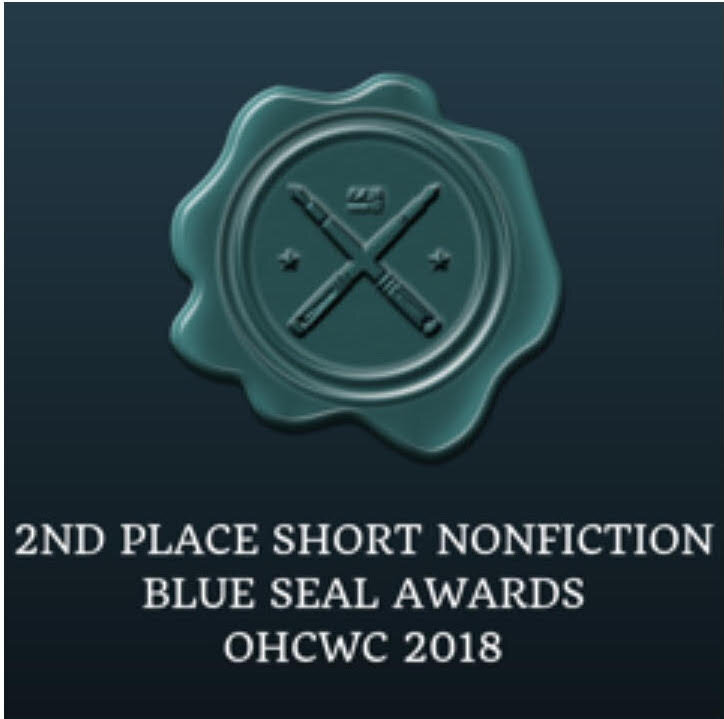Encore of my blog post in 2015.
“Hold the plucked bird over the gas flame of the stovetop to remove the remaining fuzz on the flesh.” Disgusting.
Imagine Thanksgiving without a turkey! Our problem loomed larger with every passing day. Keep in mind, the world beyond America feeds and fattens turkeys for December, not November. This challenge called for creativity.
Determined to avoid a turkey-less Thanksgiving, we bundled up and drove downtown Warsaw to the outdoor Farmers’ Market to negotiate an early turkey. Trudging through the stalls, we located a semi-friendly vendor who cautiously agreed to do business. In rudimentary Polish, we arranged to collect a turkey in time for our Thanksgiving holiday. To guarantee the transaction, we paid in advance and set a date to return.
The week of Thanksgiving, Larry and I returned expectantly to collect our purchase. Dodging puddles, we shoved past shoppers and merchants, and schlepped down the narrow concrete aisle of the make-do shelter where villagers came to sell their wares. Past the pickle barrels, past the potato bins, past the slabs of hanging pork, we eventually reached our vendor near the end of the row of stalls.
Oh my! Our agreement sat, ready and waiting. Shabbily wrapped in pieces of old newspaper, our pitiful, scrawny bird waited for us. Oh - it was dead - but barely. Minus the head, “the rest” remained as our homework. What would U.S.D.A. think of this? (Not to mention CDC.)
Reluctantly, we collected our prize, placed him in the trunk of our yellow Fiat, and drove him home to begin the process of making him presentable, and yes…edible.
Hold the plucked bird over the gas flame of the stovetop to remove the remaining fuzz on the flesh. Somewhere, someone offered this suggestion. Before long, the singed odor permeated every crack and crevice of our small home, and my appetite for our upcoming feast steadily waned.
When we gathered around the dining room table on Thanksgiving Day, the disgusting ordeal stayed with me. The End Product sat on the platter, but my mind served up pictures of its own. I nearly gagged at the technicolor memory of that nasty bird on the newspaper at the market, riding in the trunk of our car, and hanging over the flame in our kitchen. I choked down my portion and politely refused seconds. I was thankful all right, very thankful, to be done.
Another year passed, and once again, the Thanksgiving turkey posed a problem. My memories of the previous disgusting ordeal still weighed heavily on my spirit. Yet with no other options, we went through the same drill, and reserved another turkey at the Farmers’ Market.
In the surge of life, I paid little attention to the upcoming raffle at David’s kindergarten.
...Something being given away? ... a turkey? How nice... Did you say, "An American Butterball from the Embassy’s forbidden-to-outsiders Commissary?" Oh sure, we will buy a couple of tickets. Why not? I’ll even pray, “Lord, please let us win the Butterball. Please.”
And then...
few days later ...
on the street...
outside a Warsaw restaurant...
“Debby, Debby, I am looking for you!” In the din of noisy buses and trams, I barely heard my name over the roar as Sandra (David's teacher) jumped out of the taxi, and frantically came running to greet me. Clutching my children in the confusion and chaos of traffic, I wondered why she was so animated, and why the search for me. Sandra wasted no time in making her point.
“We just finished the drawing, and guess what! You won! Your family won the prize of the American Butterball Turkey!”
The American Butterball Turkey. Did she say we won? No. No way! In utter amazement, I asked, "How could this possibly be happening?"
Shock gave way to overwhelming gratitude as it dawned on me that God actually heard my prayer. He genuinely cared about such an insignificant matter as a turkey.
Holiday preparation differed drastically from the year previous. Rich aromas of this buttery baking beauty wafted in stark contrast to the previous bird's smell of singed flesh. We relished each peek into the tiny communist oven - which was nearly too small to house the trophy.
Once baked to perfection and sitting on a platter, we took photos standing around our roasted royalty. Carving the mega monster 14-pound turkey was ceremonial. The festive atmosphere continued as second and even third portions were consumed. What a feast!
Yet, amidst the excitement, I experienced an overwhelming sense of gratitude; this turkey was a gift from God.
The Words of Psalm 34:4 seemed written just for me: “Delight yourself in The Lord, and He will give you the desires of your heart.” On a Thanksgiving Day decades ago, Disgust gave way to Delight. Ironic - God used a turkey to teach me so much.












